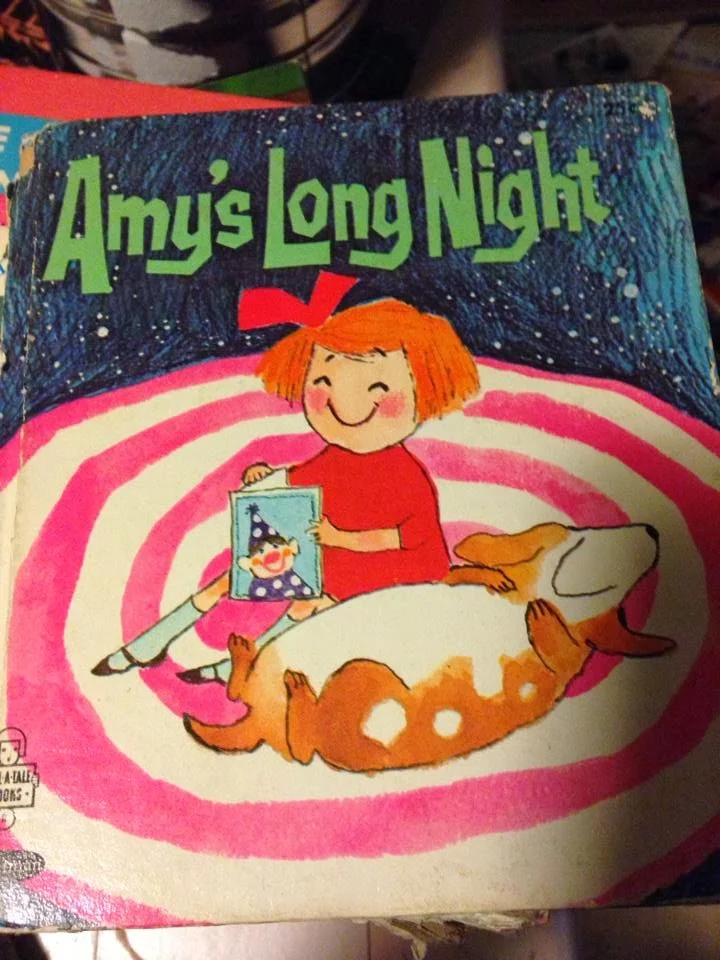If you haven't noticed that by now, either you haven't been paying attention or you don't have enough birthdays under your belt.
Life was never fair, and never meant to be.
While whole religions have erupted from the minds of men to address this one issue, the fact remains, there is no divine justice wrought here upon the Earth.
I learned this lesson while I was very young, but had it reinforced by a decade as a newspaper reporter. I saw cold-blooded killers set free, saw liars triumph and the honest punished for their honesty. Mendacity rules at all levels of power. Inhumanity and incompetence are promoted. Debased actions and bullying are rewarded. Being a reporter is to strive for truth in the face of lies. Journalists comfort the afflicted and afflict the comfortable.
In journalism, fairness is a watchword and justice is what every young wide-eyed new reporter seeks. Yet, the pay is barely minimum wage and you are disposable to your employer and community. After seven years at one paper -- winning awards and working 60 hour weeks, I was told to move on because the corporation didn't want to start paying reporters more than $18,000 a year.
"You've had too many raises," the executive told me from the hollow of his tailored suit. "You've reached the pay ceiling."
Everyone hates you when you tell them the truth anyway.
I had few illusions when I went into nursing.
Sure, there are golden moments when all is right. When your patients are healed by your actions and grateful for your kindness. Those moments must carry your for six months to a year before you might encounter them again. In the interim, the kind nurses will be cursed at and shat upon, denigrated and abused. They will work long hours and then be mandatoried over to work more -- punished for showing up to work.
They will cast themselves upon the rocks of the suffering and pestilent, the addicted and debauched, to be broken, yet to stand again.
At least the pay is better.
Moreover, as emergency room nurses we see the inequality of life's whims on full display. Children suffer, criminals get out of jail by malingering. The drunk driver murders children, then staggers away without a scratch. The kind die in pain and suffering while the cruel survive again and again. Sickness is not tied to sin. The good die and suffer for no good reason. The gift of survival falls heedless of whether the recipient deserves another breath.
It is a hard lesson for a nurse to learn. The zen of nursing is learning to heal without judging, without a care about justice. Your job is to make the sick better, not to make the world fair.
No, there is no fairness in this business nor in life.
Yet in our larger lives, we must still strive for justice -- for justice is a thing wholly created by humanity. It is our humane reaction to the unfairness of life. Justice is the perfection we seek but may never attain. Striving for justice, fairness and equality are the only tools we have to battle back against the empire of fates that seek to pound us into submission.
The world is not fair.
It never will be.
Unless by our hands we make it so.
-30-


